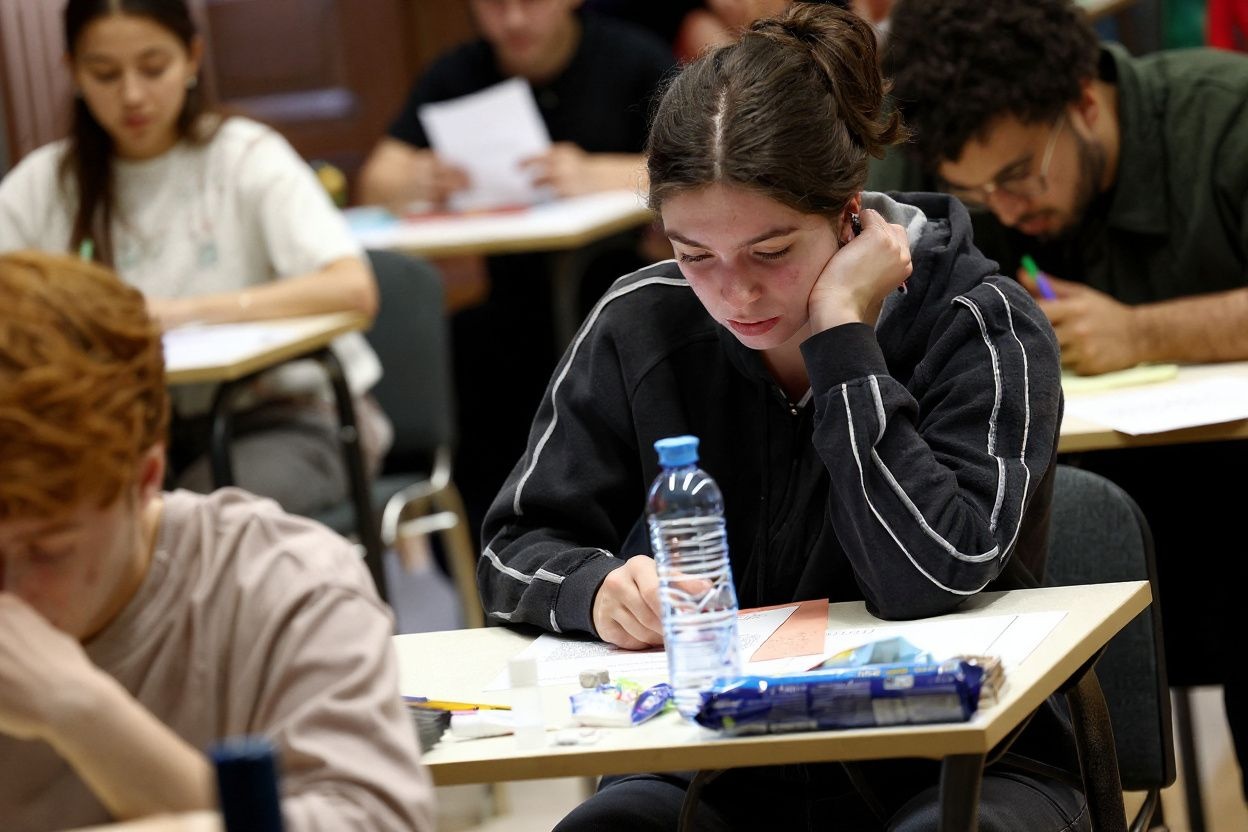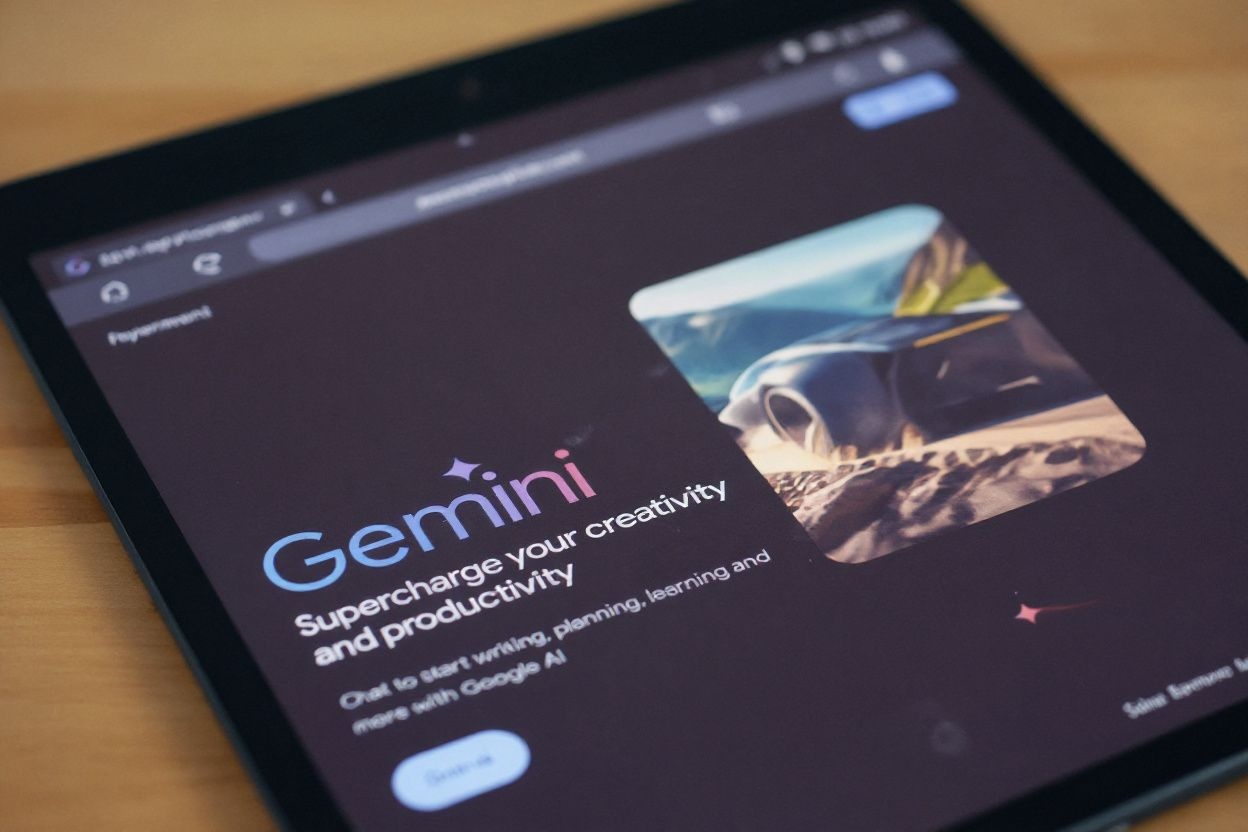
Rote memorising, i.e. to remember by repeating as many times as possible, is as far as the best study tips go.
However, according to a small 2018 comparative study, rote memorisation only activates short-term memory. This means once you’ve completed your exam using only memorisation, you’ll probably forget most of it when you turn in your paper.
In short – it’s not a great study method.
 Exams aren’t everyone’s favourite part of the school year.
Exams aren’t everyone’s favourite part of the school year.
Study tips: memorisation isn’t the answer
We see it all the time – cramming at dawn before an exam, desperately mouthing formulas and words over and over in an attempt to stuff your already-overstimulated brain, rocking back and forth over your notes as you swig your last few dregs of coffee.
While, in theory, cramming before an exam will allow you to remember information for a short while (just enough to answer a few extra questions), it does little to ensure you have a lasting connection with the knowledge. In short, you’ll most likely forget it the second you turn in your paper.
Overuse this method, and you end up being unable to think critically about the topic, which goes against everything that education is about. Rather, you should aim to fully understand the material, before attempting to memorise key points.
Pure memorisation is overvalued by students, and it often results in the dreaded “I studied my ass off and thought I aced the test, but I bombed it”, according to a professor on Reddit.
Their post, titled “I’m a professor, here’s why you should be wary of memorisation in studying”, explains that memorising terminology and definitions is important as a foundation, but many students see it as an endpoint, which is a mistake.
“I often see students who were high achievers in high school, and memorisation was sufficient for earning top grades,” they wrote. “These students expect that this strategy will work for college, and they’re often bewildered, upset, or angry that memorising doesn’t cut it anymore.”
It’s true. Most exams no longer only benefit those who can keep calm under pressure and recall information on demand.
Rather, schools are adopting a more holistic overview of testing – coursework, extra-curricular participation, and other scholarly avenues play a part in testing one’s aptitude. Colleges and universities take different things and achievements into account rather than just pure grades.
So unless you have a photographic memory, memorising is insufficient for learning processes, relationships, effects, outcomes, and applications – actual, important things that matter in real life.
Also… plain memorisation is incredibly boring. So, that’s why we’ve put together a list of better study tips that actually work.
 For some, another tip is praying before their exams, which may or may not always work.
For some, another tip is praying before their exams, which may or may not always work.
7 study tips you should try out
Ditch the flash cards and try these out instead.
Researching and understanding
One of the best study tips is to do your research and truly understand a concept, function, or application.
For example – you may know from your textbook that photosynthesis is the process by which plants convert sunlight into energy.
But instead of just memorising the definition, explore how different factors – like light intensity, temperature, or even carbon dioxide levels – affect the rate of photosynthesis. Watch experiments, read how climate change affects plant growth, or if you’re dedicated enough, test it out for yourself with a tiny plant.
Having this deep understanding will help you retain the information and apply it in different contexts.
 Having proper notes can make preparing for your exam all the more easier.
Having proper notes can make preparing for your exam all the more easier.
Spaced repetition
A good habit to have – and one of the best study tips – is to review material over and over again over incremental time intervals.
According to 19th-century psychologist Hermann Ebbinghaus, instant recall has 100% information retention. But as little as an hour later, you can only recall a mere 44% of what you have read, which cements our earlier point of memorisation not being one of the best study tips out there.
To counter this, use spaced repetition. Review your materials intermittently to slow down the deterioration of your memory as time passes.
This means making notes during lectures, writing down any questions you have and asking your lecturer ASAP. Review your notes faithfully throughout the course rather than cramming during your last 24 hours before exams.
 Call us traditional, but even the latest AI technology can’t beat out some tried and tested study tips and methods.
Call us traditional, but even the latest AI technology can’t beat out some tried and tested study tips and methods.
Ditch the screens
That’s right. Avoid studying by scrolling on your iPad or laptop, or even your phone. While you can still refer to lecture slides or videos on your devices, it’s better to review the material and copy it by physically writing it on paper.
94% of university students said they preferred studying using paper as it was easier to focus and the freedom to highlight, annotate and write on the margins. The brain actively engages in comprehension and retention, helping students to process a topic’s meaning more effectively.
And unlike computer screens, reading on paper also helps with spatial memory – you can recall a certain bit of information by where it was written in your notebook.
On top of these, writing on paper removes one of the top factors for students losing focus: distraction. With your iPad or laptop sitting in a corner of your table rather than directly in front of you, it will limit your temptation to reach across and break your focus to check media – at least, we hope so.
 Talking to a rubber duck may seem silly, but not if it helps you score well in your exams.
Talking to a rubber duck may seem silly, but not if it helps you score well in your exams.
Teach someone else
To really make sure you understand what you’ve studied, teach them to someone else, like your coursemate, family members, or even the stuffed toy on your nightstand.
Programmers use a method called “rubber duck debugging”, where they explain a problem to – you guessed it – a rubber duck on their desk to find a solution.
This is because explaining a problem and its solution to someone else — or something else — helps you to understand it better. You are forced to summarise, condense, investigate, and draw conclusions about study topics – enforcing a deeper personal understanding.
This is one of the best study tips for college and university study, as assessments focus on analysis and application, rather than just fact and theory.
Active recall
If you’re on TikTok, you may have seen Kay Chung and one of her insane caffeine-fueled study videos. While we strongly recommend against having the same caffeine intake as her, Chung’s study method of active recall is one of our favourites.
One of the best study tips, active recall goes beyond rote memorisation as you’re rewriting your notes and going through the study material. Go over it once, twice, or even three times if necessary.
If you’re cramming for an exam, this is one of the best methods to learn and retain information rather than repeating information over and over under your breath, hoping you’ll remember after entering the exam hall.
Study in bursts
If you have to cram, do it smartly. Set 25-30 minute chunks of intense study and rest for five minutes afterwards.
Modelled after the Pomodoro Technique, which uses the Italian Tomato Clock, this method will minimise distraction and boost productivity.
After all, our ability to retain information tapers after 30 minutes anyway. So, take a well-deserved rest after half an hour, walk around or do some light stretching, which will do much more for your memory than forcing your brain to study more.
If you’re interested in trying it out, there are hundreds of YouTube channels and creators dedicated to making pomodoro-timed videos with classical music, lofi, and even plain white noise for maximum focus.
Sleep and exercise
One of the oldest study tips in the book – but a good one. Our brain absorbs information best right before sleep or right after exercise.
Research has shown that those who study before sleeping or napping have higher memory recall or higher activity in the hippocampus, the part of the brain which forms new memories.
Exercise has been found to stimulate the production of a protein called BDNF (Brain Derived Neurotrophic Factor), which preps the brain for optimum learning and creative thinking. You are likelier to form creative connections between ideas, and thus, retaining this better.
So, try to avoid all-nighters if possible. Time your sleep and work out accordingly to maximise your study sessions. But if you really cannot avoid staying up, we’ve got a guide on how to pull all-nighters safely.
Disclaimer: This article was last updated on February 25, 2025.










